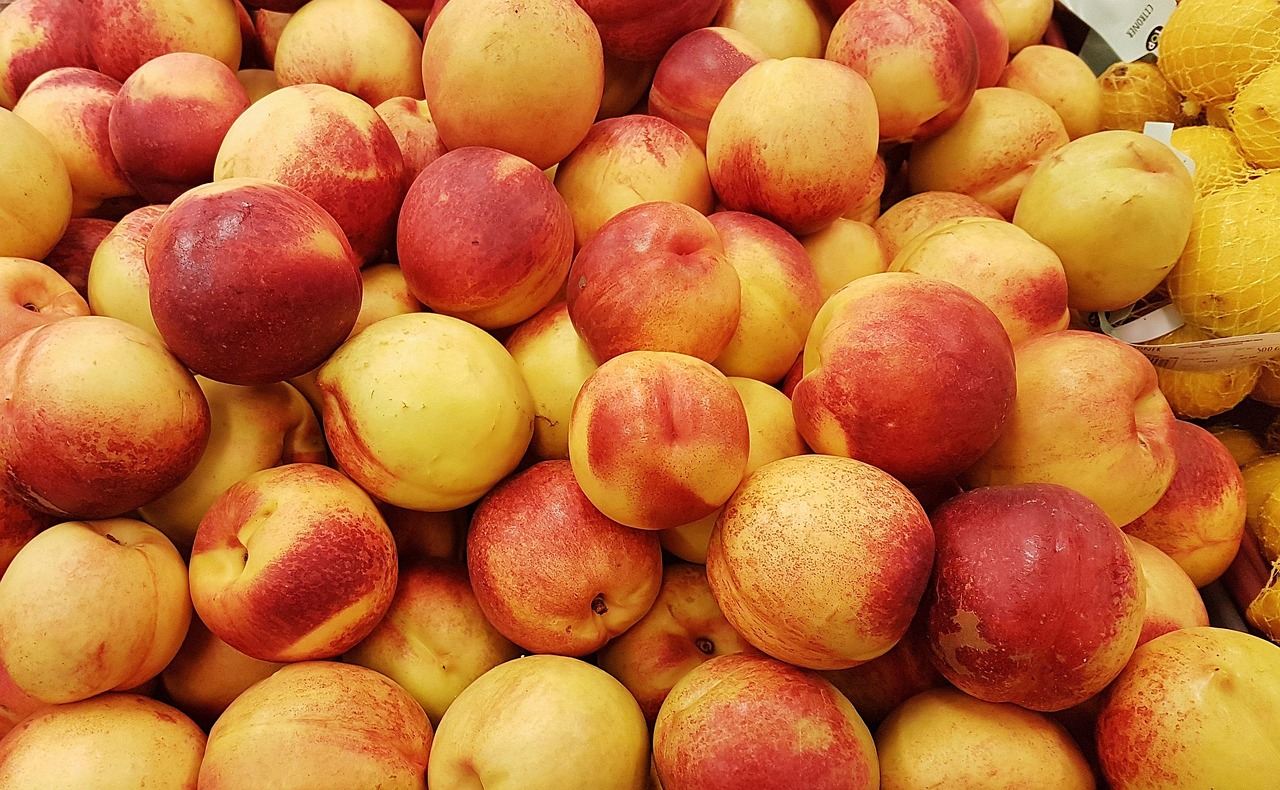“`html
Embarking on a high-protein diet can feel like stepping into a new world of culinary exploration and health benefits. As one of the most talked-about dietary trends, a high-protein diet is often celebrated for its potential to aid in weight management, muscle building, and overall wellness. Whether you are an athlete seeking to optimize performance or simply someone looking to enhance your nutritional intake, understanding the ins and outs of a high-protein diet is essential for making informed dietary choices.
What is a High-Protein Diet?
A high-protein diet is one that emphasizes the incorporation of protein-rich foods, which are crucial macronutrients that support various bodily functions. While there is no universally accepted definition, a common guideline suggests that 25-35% of your daily caloric intake should come from protein sources.
Understanding Protein
- Sources of Protein: Protein can be derived from both animal and plant sources, including:
- Meat (chicken, beef, pork)
- Fish (salmon, tuna)
- Dairy products (yogurt, cheese)
- Legumes (lentils, chickpeas)
- Seeds and nuts
- Plant-based protein powders
- Types of Protein: Proteins can be classified into two main categories:
- Complete proteins (contain all essential amino acids) – e.g., animal proteins
- Incomplete proteins (lacking one or more essential amino acids) – e.g., most plant proteins
Benefits of a High-Protein Diet
Adopting a high-protein diet offers numerous health benefits, which can resonate with various lifestyles and fitness goals. Here are some prominent benefits:
1. Muscle Growth and Repair
- Protein plays a vital role in muscle repair after exercise, making it essential for athletes and fitness enthusiasts.
- High-protein diets have been shown to increase muscle mass when paired with resistance training.
2. Weight Management
- High-protein foods promote satiety, which can help reduce overall calorie intake.
- Research indicates that higher protein intake can aid in fat loss while preserving lean muscle mass.
3. Improved Metabolic Rate
- Protein requires more energy to digest compared to fats and carbohydrates, leading to a higher thermic effect.
- A study published in the American Journal of Clinical Nutrition showed that a higher protein diet significantly increases the number of calories burned, even at rest.
How to Incorporate High-Protein Foods into Your Diet
Making the switch to a high-protein diet doesn’t have to be daunting. Here are practical tips to seamlessly incorporate more protein into your daily meals:
1. Choose Protein-Rich Snacks
- Snack on Greek yogurt, cottage cheese, or hard-boiled eggs.
- Replace traditional snacks with mixed nuts or protein bars.
2. Enhance Your Meals
- Add beans or quinoa to salads for an extra protein boost.
- Include protein-rich toppings like chia seeds or hemp seeds in smoothies and cereals.
3. Meal Prep with Protein
- Plan your meals around strong protein sources, such as grilled chicken, lentil stew, or salmon, to easily increase protein intake.
- Prepare large batches of protein-rich meals to have on hand for busy days.
Potential Drawbacks of a High-Protein Diet
While a high-protein diet can be beneficial for many, it’s important to consider some potential drawbacks:
1. Kidney Health Concerns
- For individuals with existing kidney issues, a high-protein diet may exacerbate the problem.
- Consulting a healthcare professional is crucial for those at risk.
2. Nutrient Imbalance
- Overemphasis on protein-rich foods can lead to insufficient intake of other essential nutrients, particularly fiber from fruits and vegetables.
- A balanced diet is key to overall health.
Conclusion
A high-protein diet can be a powerful tool in your nutritional arsenal, supporting muscle growth, weight management, and metabolic efficiency. By incorporating a variety of protein sources and being mindful of potential drawbacks, you can enjoy the benefits while maintaining a balanced diet. Remember to tailor your protein intake to your personal goals, lifestyle, and dietary preferences. As with any significant dietary change, consulting with a healthcare provider or nutritionist is advisable to ensure it aligns with your individual health needs.
“`






